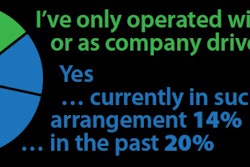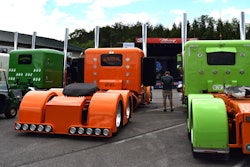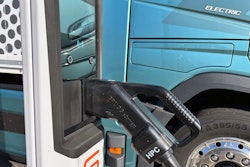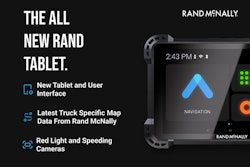For the first time, the Department of Labor is intent to define how to determine if a worker can be deemed an independent contractor under federal law and, vice versa, what workers should be classified as company employees.
In the case of trucking, that could offer clarity to motor carriers as to the legality of their relationships with independent contractor owner-operators, and just what circumstances dictate when an operator should be treated as a company employee driver under the labor law.
It’s a distinction that’s been missing from the federal Fair Labor Standards Act, and a gray area often enough used as a sword against motor carriers in lawsuits alleging driver misclassification. It’s also a standard that pertains directly to how motor carriers and contract owner-operators most often work together — that is, an owner-operator hauls in an exclusive lease under the DOT authority of a larger motor carrier. The definition sought by DOL would provide a stark contrast to the highly restrictive rules eyed by states regulating worker classification, such as A.B. 5 enacted in California late last year.
“I think that this is a step in the right direction for both motor carriers and independent contractor owner-operators,” said Elena Adang, an attorney at the nationwide transportation-focused law firm Taylor & Associates. “Because it’s providing clarity on how owner-operators can continue to do the work they want to do in the way they want to do it, while providing carriers a clearer legal standard for those contractor relationships.”
However, the DOL’s definition does have a considerable drawback: It would not limit states from setting their own wage and hour rules that set more strict criteria for determining a driver’s contractor/employee classification.
So while a fleet’s independent contractor set-up might be fine within FLSA under this updated definition from the Labor Department, even the traditional owner-operator lessee set-up could run afoul of ABC tests that the one codified by California’s A.B. 5. (Trucking is operating under a court-issued exemption from that California law until litigation against it concludes.)
Nonetheless, DOL’s definition is meant to provide guidance where none has existed within the FLSA for employers and for courts in determining whether a worker is classified correctly.










